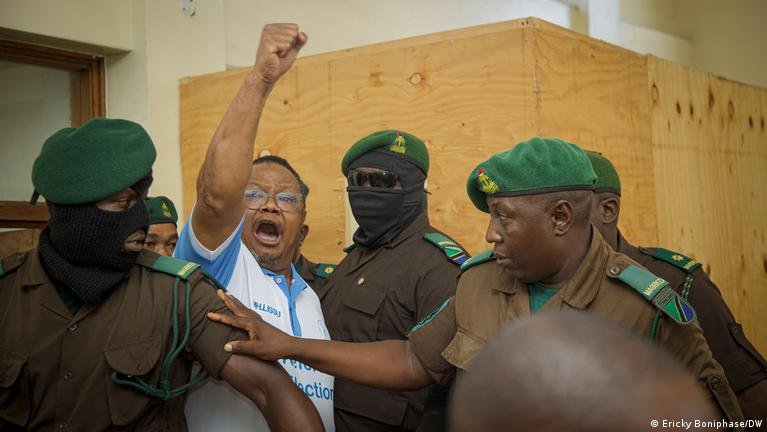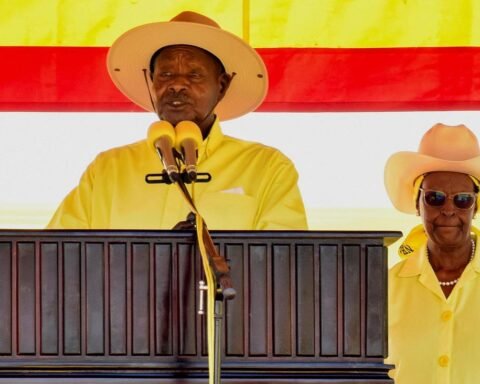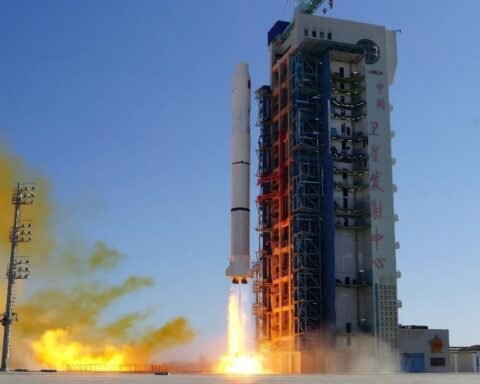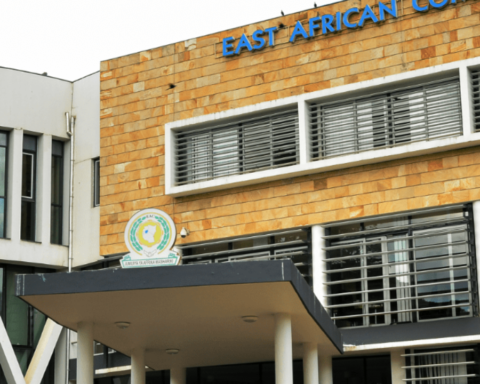Opposition leader Tundu Lissu, chairman of Tanzania’s main opposition party Chadema, has raised strong objections in the High Court over the use of a protected witness in his ongoing treason trial.
Appearing before the Dar es Salaam Sub-Registry on Wednesday, November 12, 2025, Lissu told the court that he has now spent 216 days in remand since his arrest earlier this year. He said the delays in his trial were “deeply unfair” and called for a continuous hearing schedule to avoid what he described as “justice delayed becoming justice denied.”
The case, which has drawn both national and international attention, stems from remarks Lissu allegedly made regarding the 2025 General Election, statements that prosecutors claim amounted to treason under Section 39(2)(d) of Tanzania’s Penal Code. Lissu has repeatedly denied the charge, saying his words were political in nature and protected under the right to free expression.
During the hearing, Principal State Attorney Nassoro Katuga informed the court that the next prosecution witness, identified only as P11, would testify from a specially constructed enclosure to ensure their safety. Katuga explained that the witness’s identity, occupation, and place of residence must remain confidential under Tanzania’s protected-witness laws.
However, Lissu rose to object, filing six formal motions challenging the decision. He argued that allowing the testimony from behind a closed booth compromised his right to a fair trial, particularly his ability to observe and cross-examine the witness. “I cannot be expected to defend myself against a faceless accuser,” he told the judges.
Also Read; Farmers at the Heart of East Africa’s Green Transition
The objection was presented before a three-judge panel led by Justice Dunstan Ndunguru, sitting alongside Justices James Karayemaha and Ferdinand Kiwonde. The court adjourned the matter to deliberate on the submissions, as Lissu urged for closer and continuous hearing dates to ensure the trial proceeds efficiently.
The trial has been marred by procedural challenges and repeated delays, including disputes over the admissibility of video evidence earlier in the proceedings. Observers note that Lissu’s case has become a test of Tanzania’s judicial system and its handling of political cases.
If convicted, Lissu faces one of the country’s most severe penalties, though he has vowed to continue fighting the charges, calling them “an attack on democracy.”
Lissu’s prolonged detention and the secrecy surrounding prosecution witnesses have reignited debate over transparency in Tanzania’s justice system, particularly in politically sensitive cases.
For context, treason is one of the most serious offenses under Tanzanian law, often linked to attempts to undermine the constitutional order or incite rebellion. The charge has rarely been used in the country’s political history, making Lissu’s case both unprecedented and politically charged.







